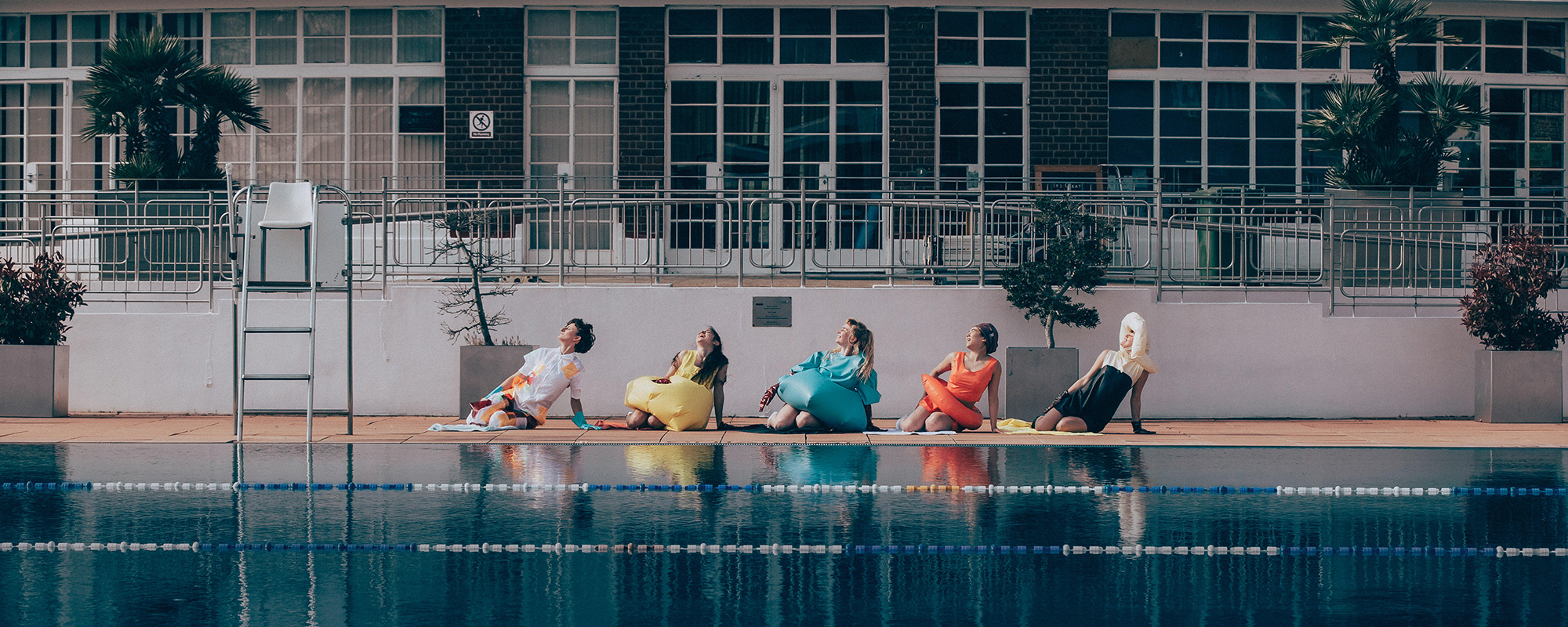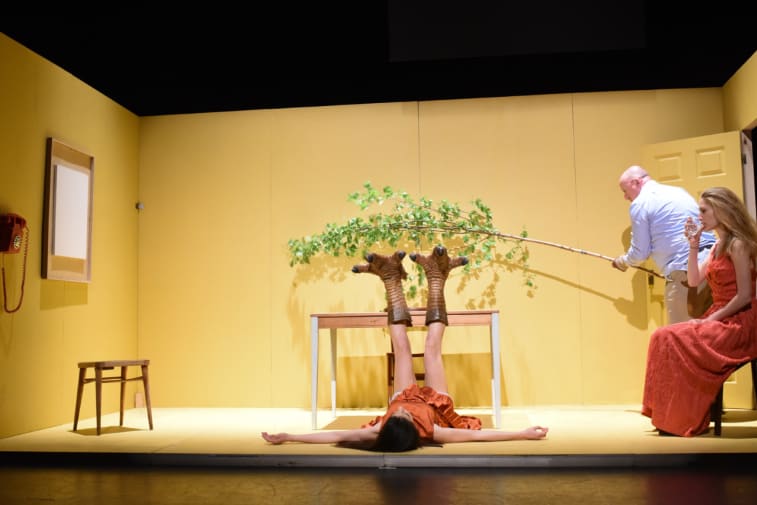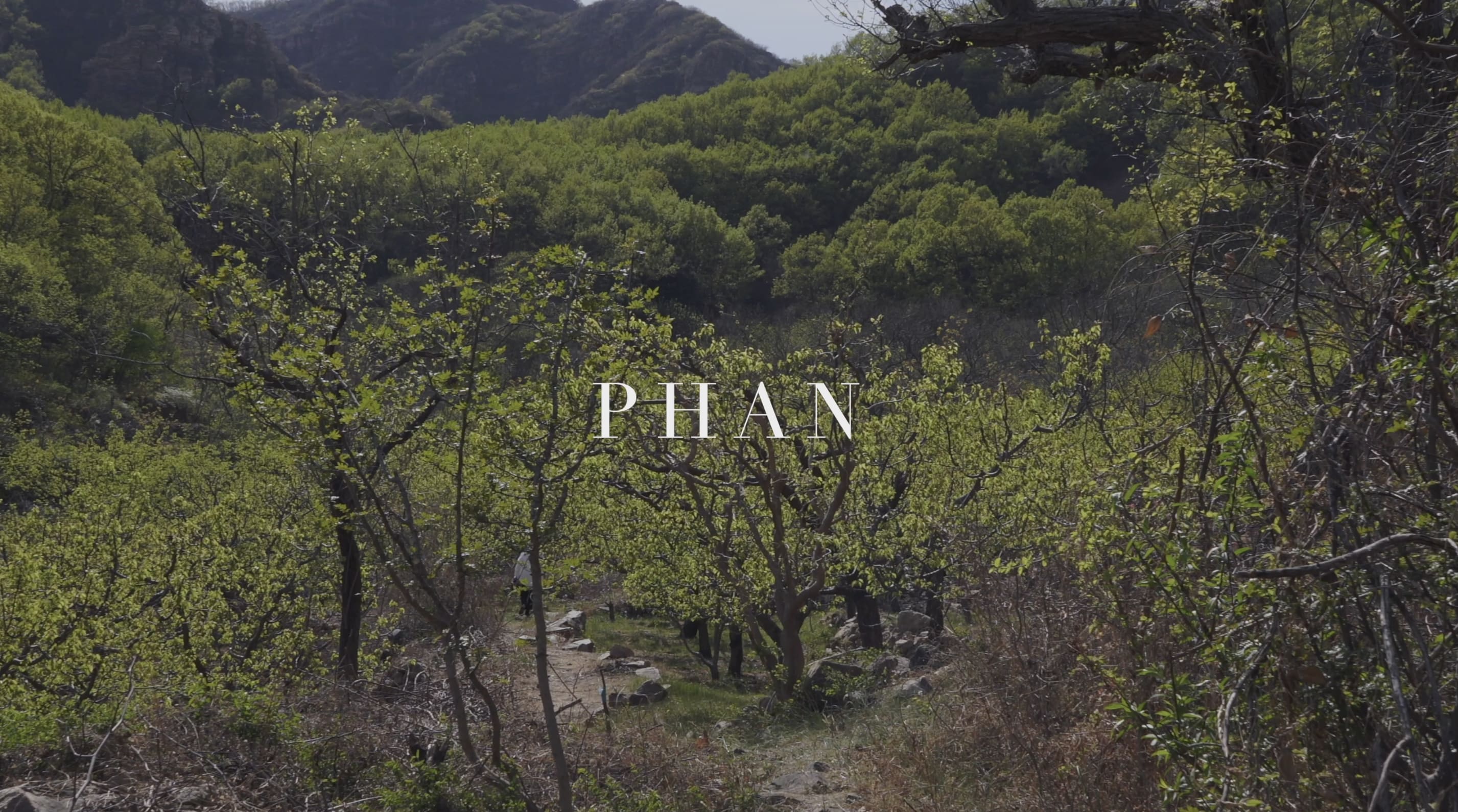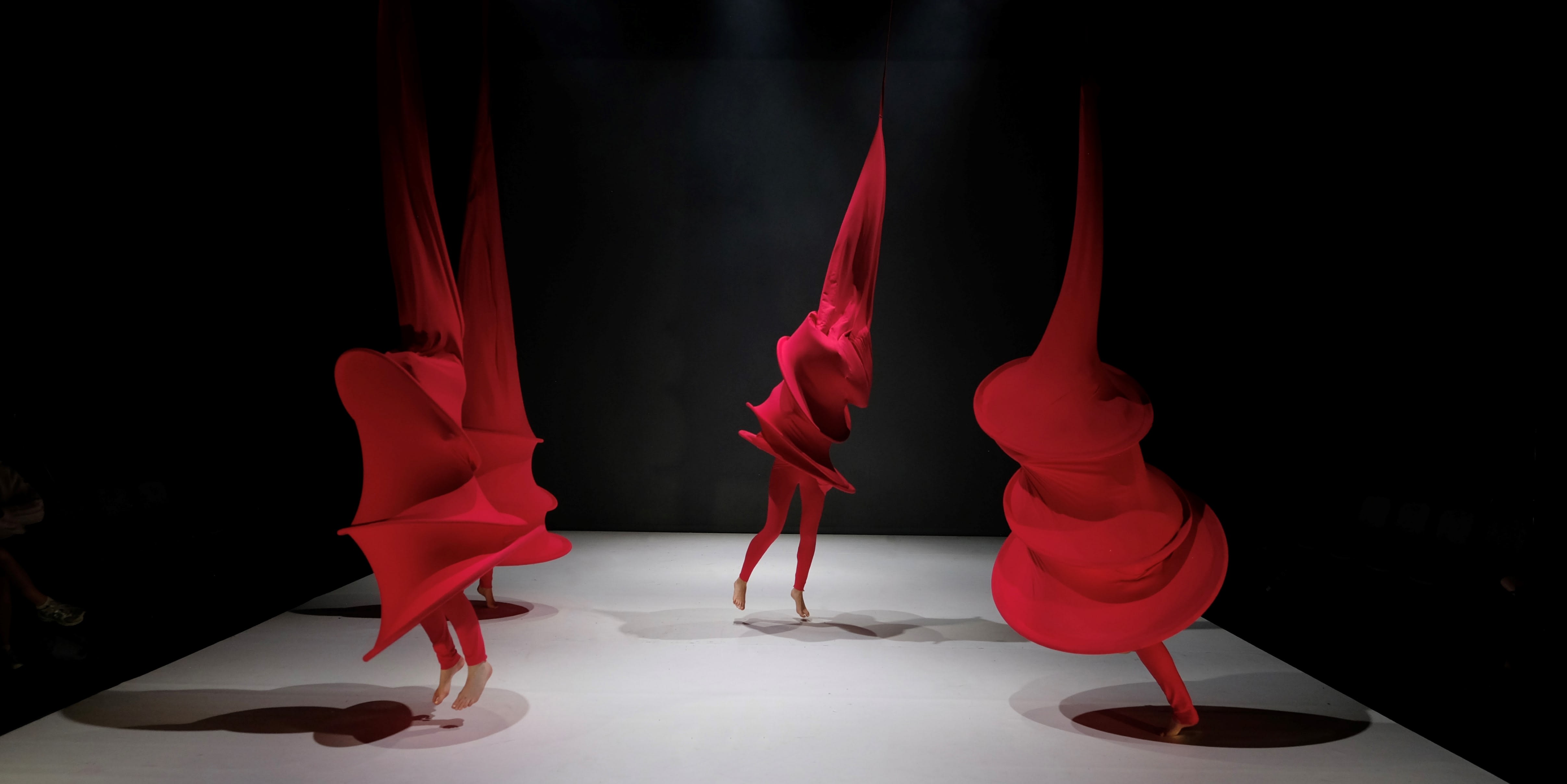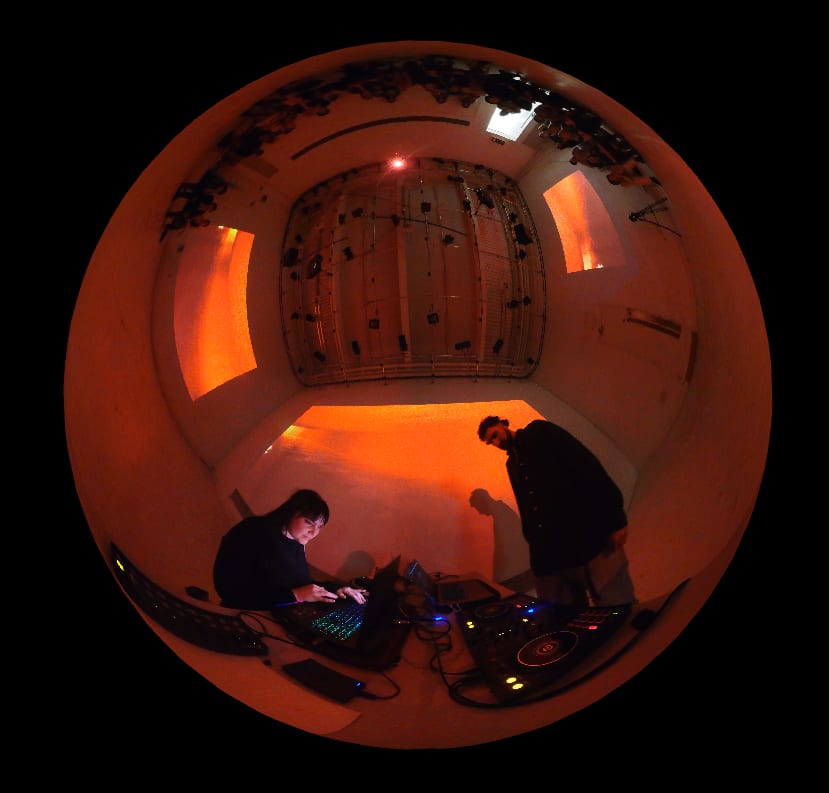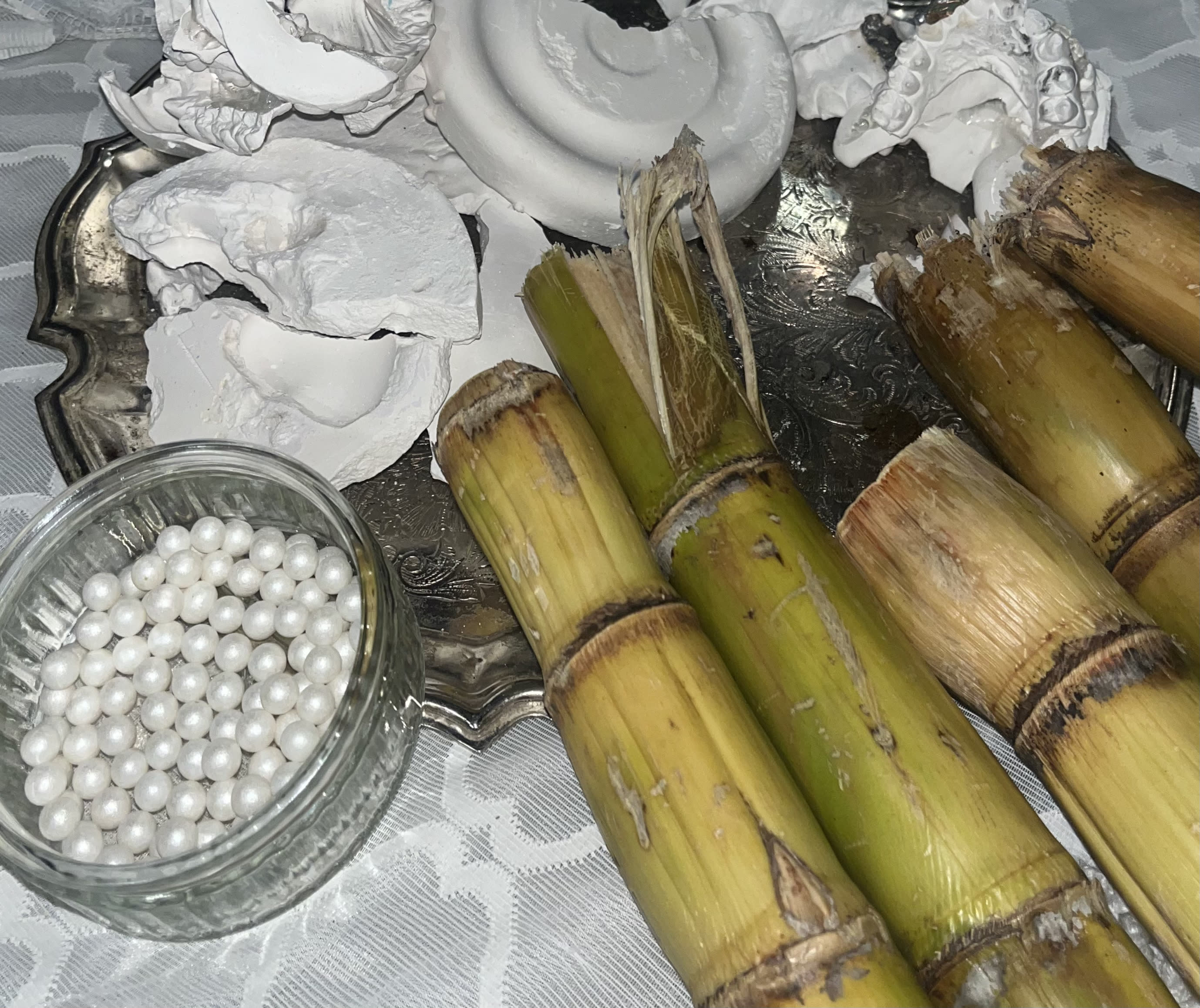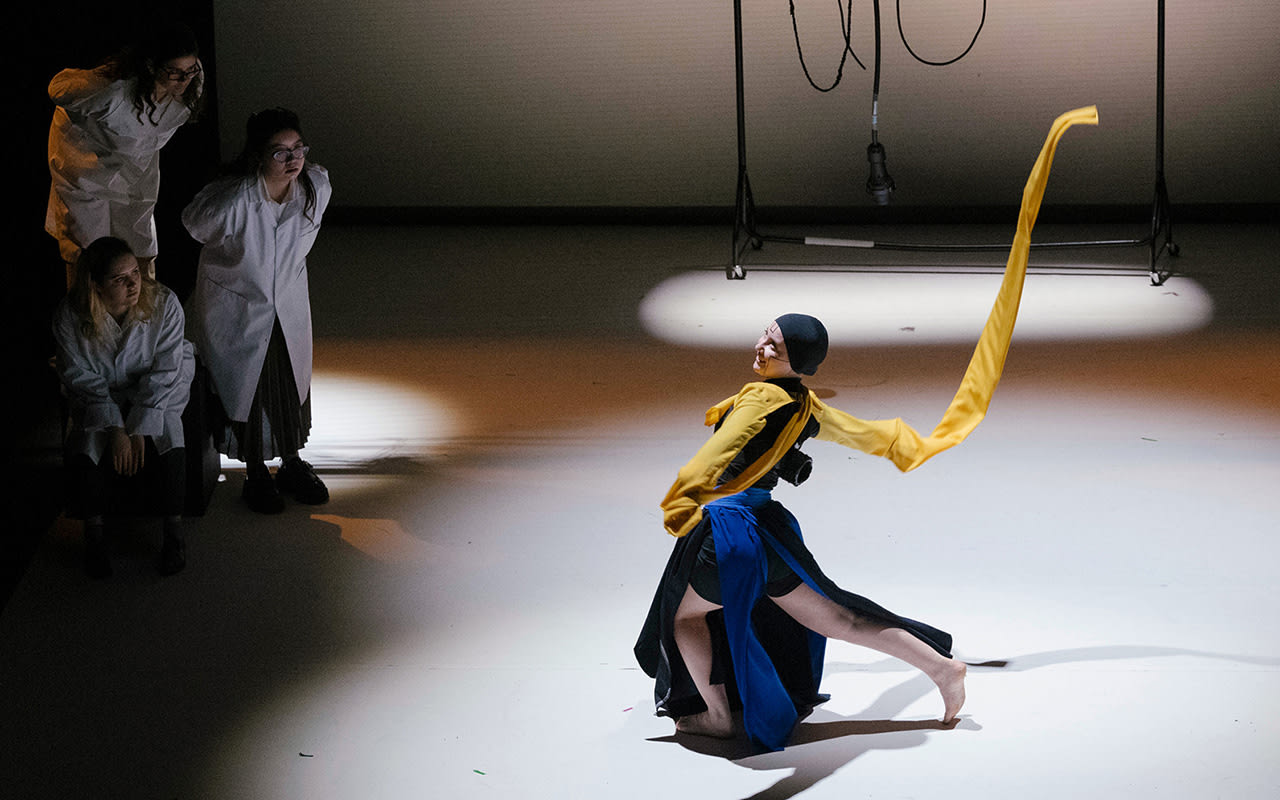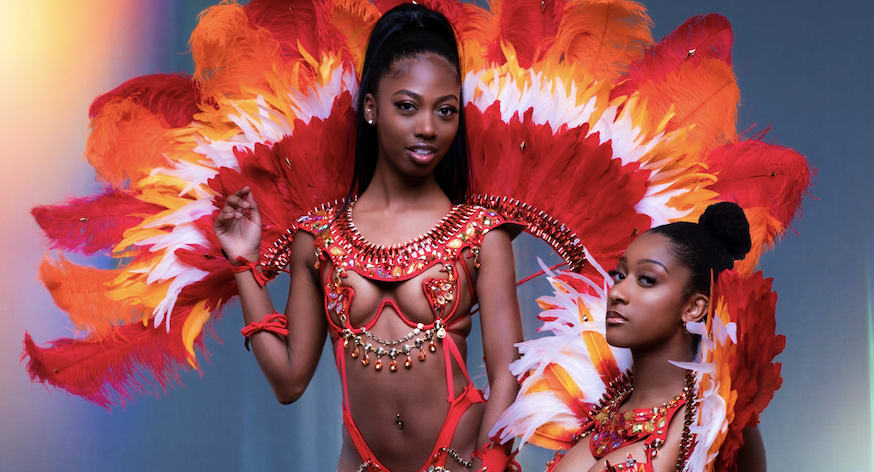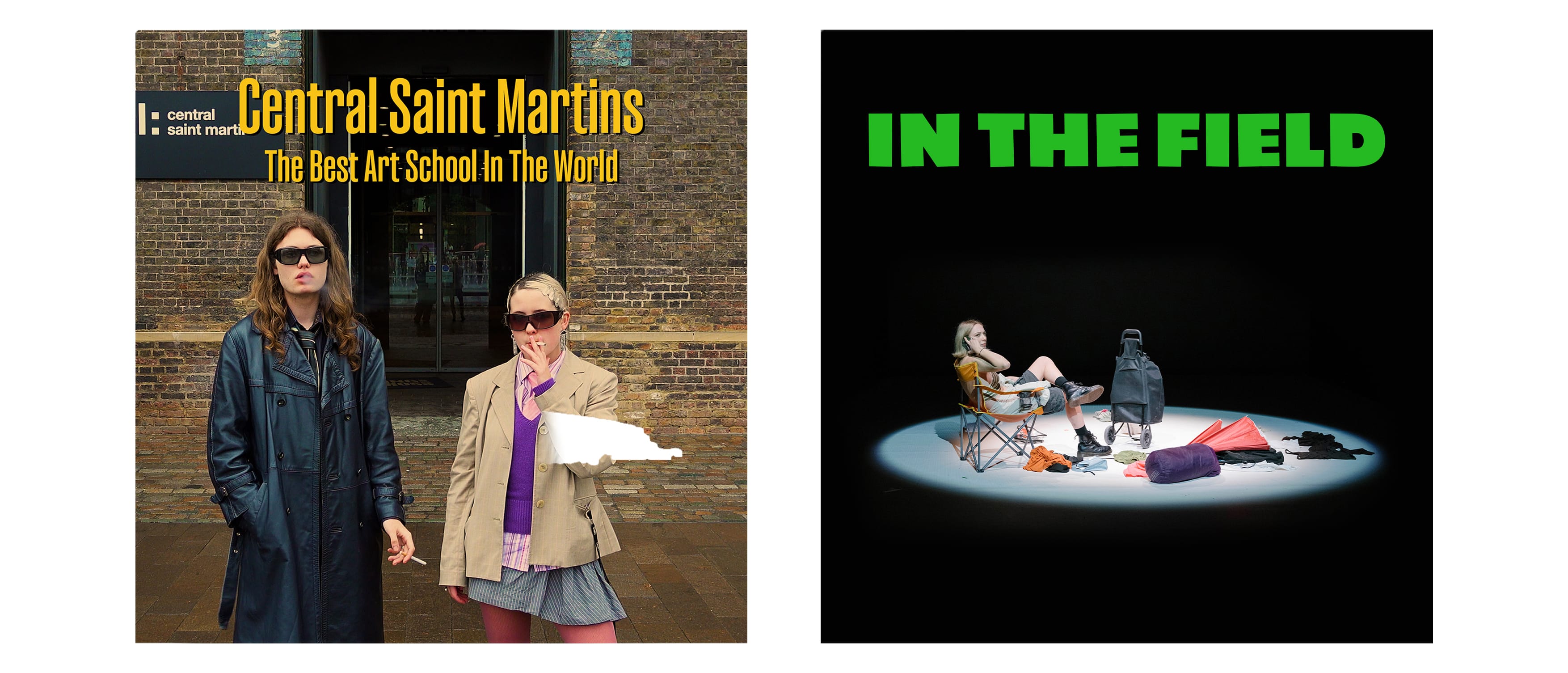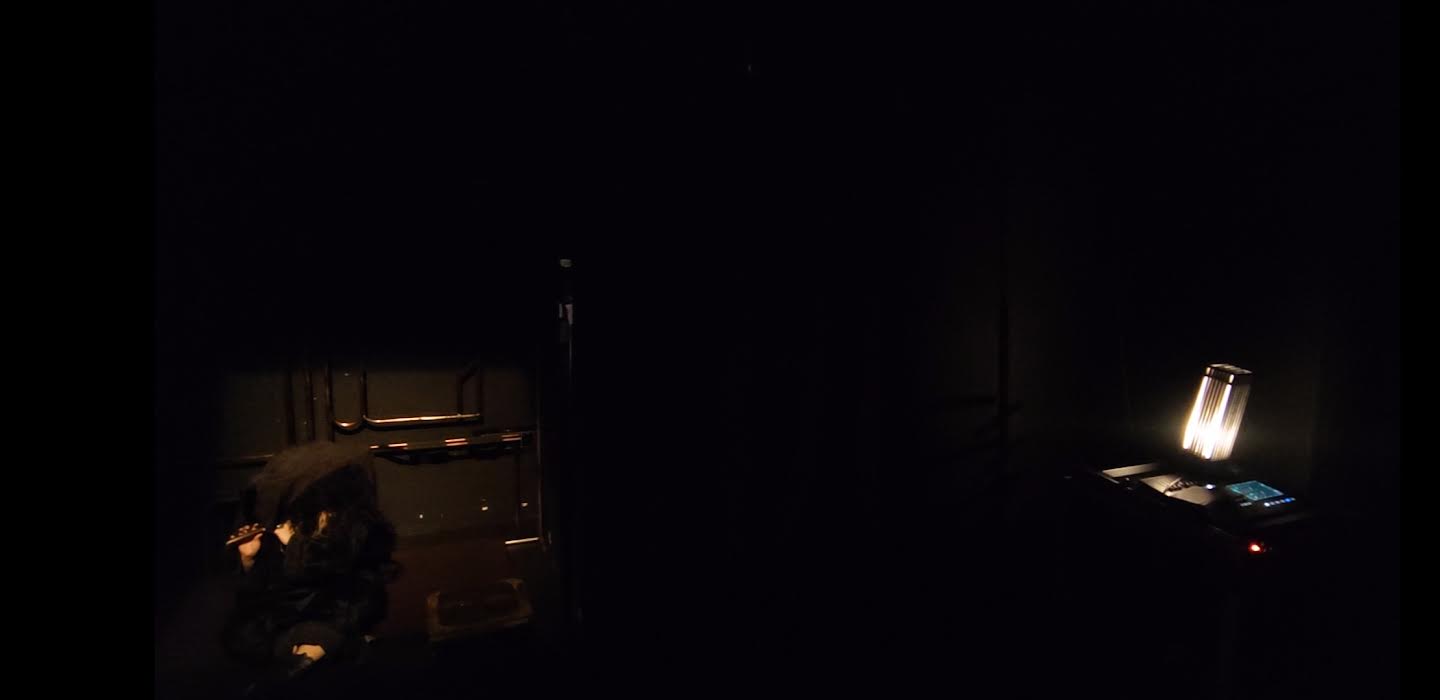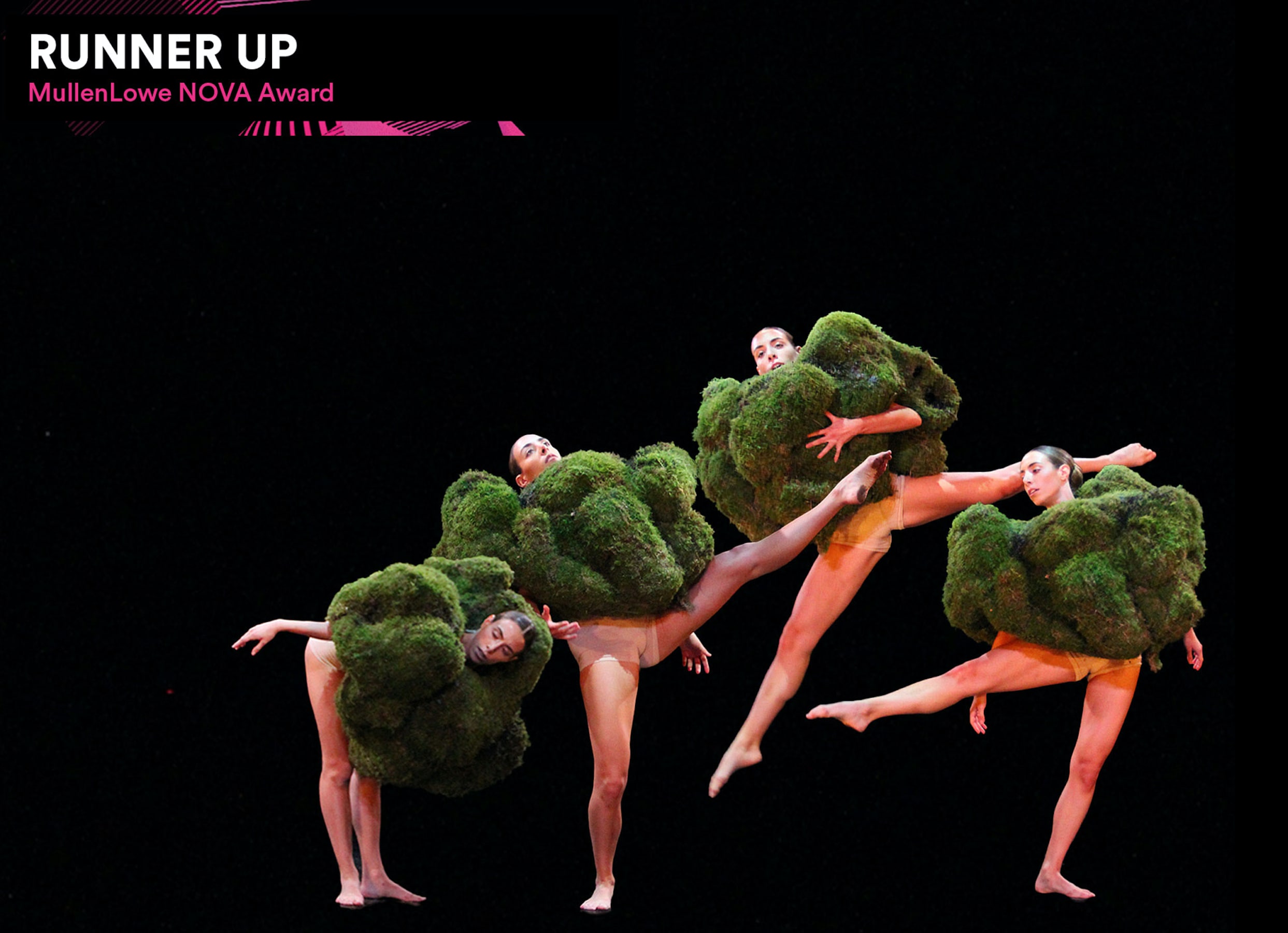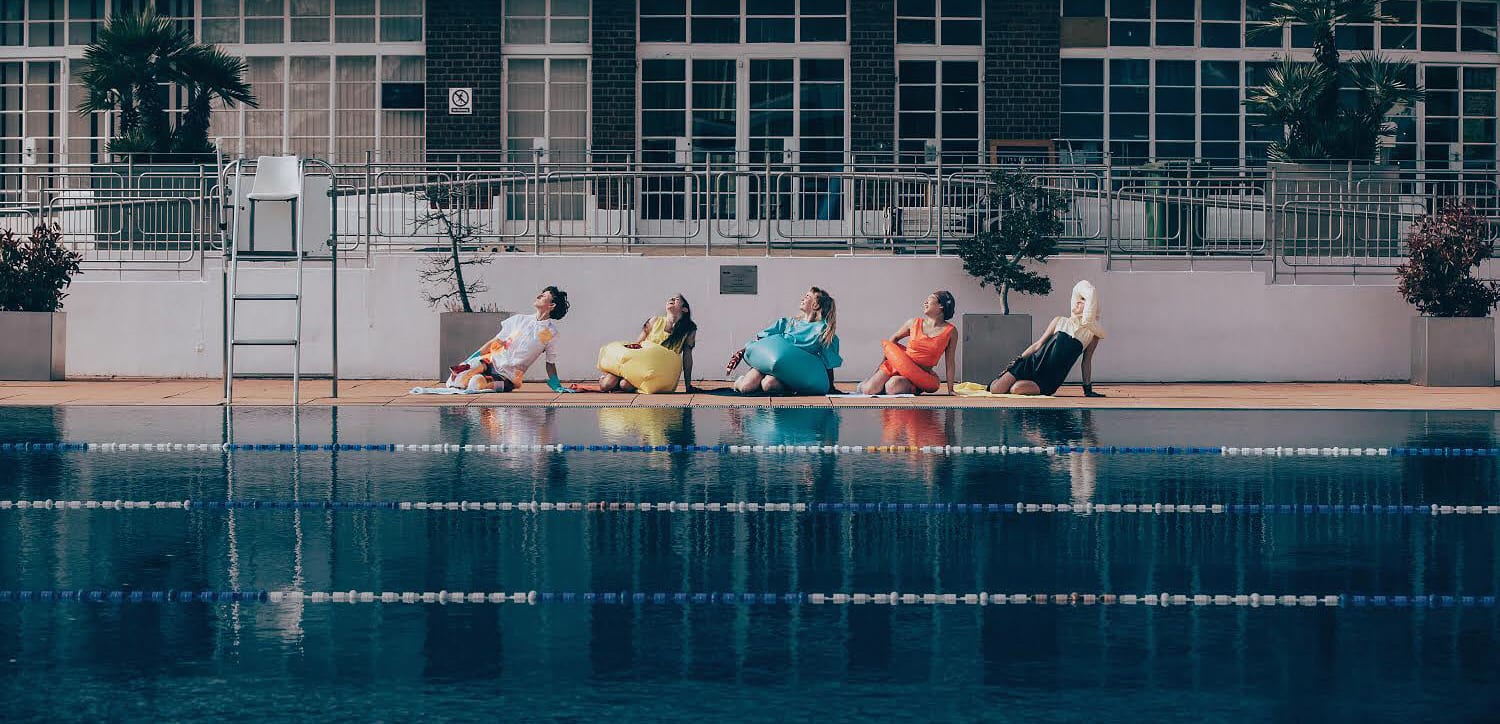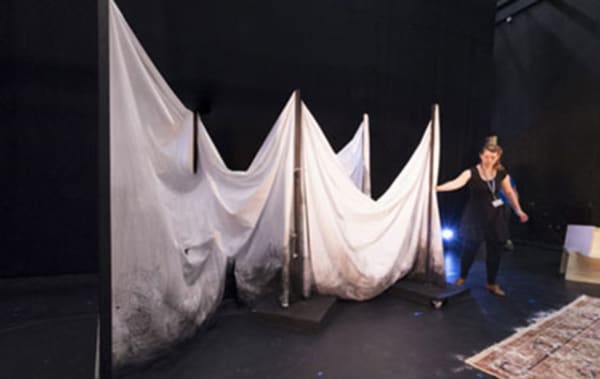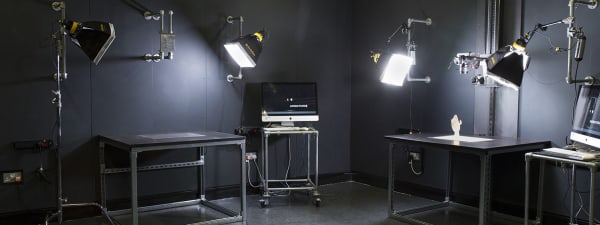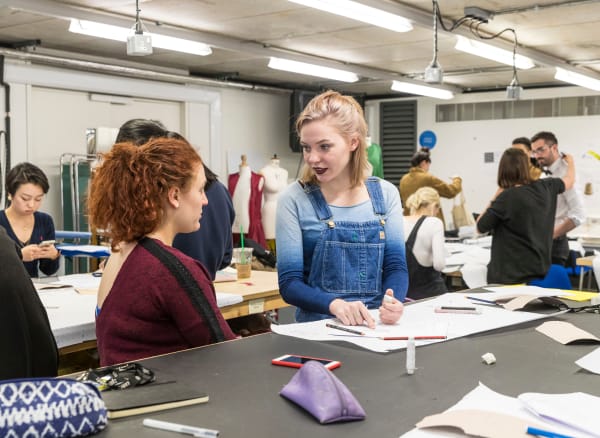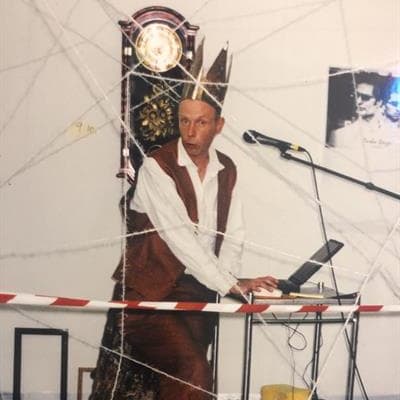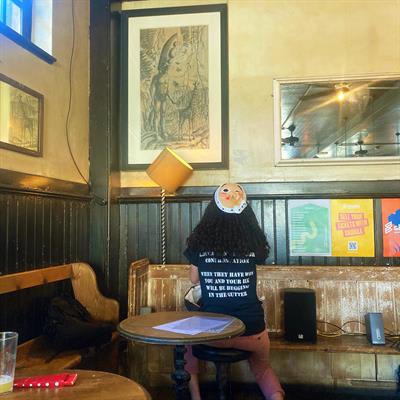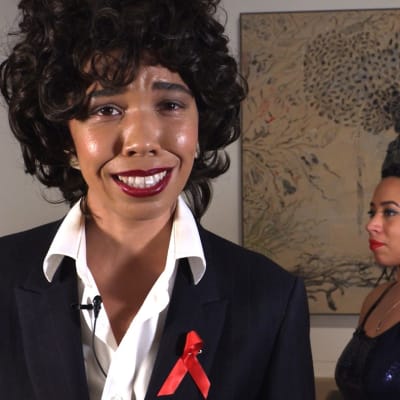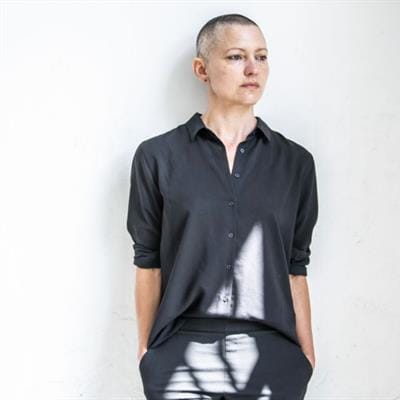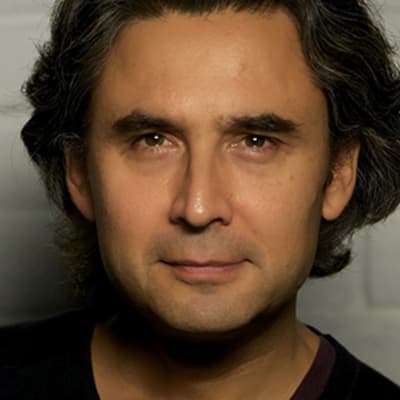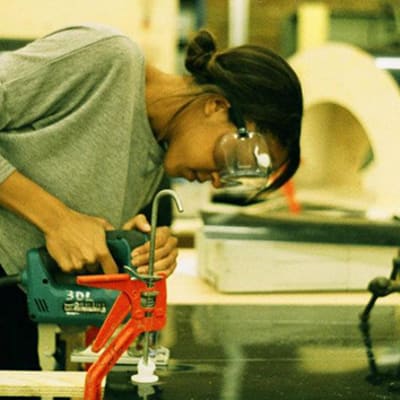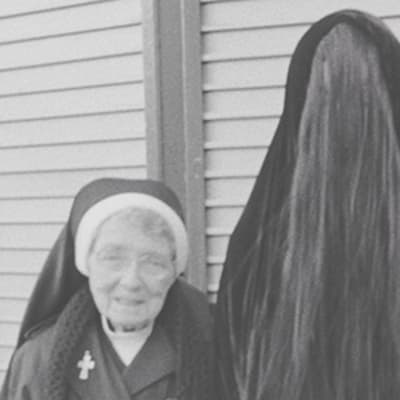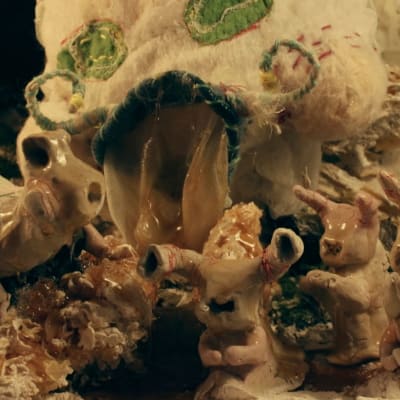Course units
Central Saint Martins is a site of intense cultural production, generating critical practices that frequently cross disciplinary boundaries and intersect. Central Saint Martins, as a college community, prioritises the urgencies relating to: identities and equity, climate ecologies, and publics and commons. In particular, that our community of staff and students actively pursue change in their sphere of influence that will impact and improve social justice, climate sustainability and cultural democracy.
Our curriculum is devised to allow you to chart your own constellation of practice, encouraging cross- and inter-disciplinary approaches through collaboration, experimentation and critical reflection.
Creatively you are supported within communities of practice which focus on either body (such as direction and movement), space (design orientated including performance and costume design) or lens (digital performance and screen based practices). These critical frameworks of body, space and lens enable you to define technical skills in movement, dramaturgy, scenography and screen-based work.
Year 1 – Introduction to performance platforms
Unit 1: What is Performance?
Unit 2: How do we co-create?
Unit 3: What is Practice?
Unit 4: Creative Unions
In Year 1 you will begin to look at perspectives on the creation of performance. You will be introduced to different performance platforms, from live to screen-based practices, through a process of experimentation and collaboration. This year establishes the critical skills needed to communicate ideas in collaborative, co-creative and collective approaches to performance practice, introducing the core principles within the “body, space, lens” critical framework.
You will explore source material, concepts of space, time and the audience/performer relationship. You will be introduced to practical and writing skills, developing critical debates within contemporary performance practices that allow you to start building your own approach to performance.
At the end of the year you will participate in a cross-course collaborative unit focusing on social justice in artistic practice.
Year 2 – Narratives and Identities
Unit 5: Why do we develop narrative? (Application/Consolidation)
Unit 6: Why do we tell stories? (Exploration/Experimentation)
Unit 7: What does it mean that I tell a story? (Exploration/Experimentation)
Unit 8: What is the experience? (Application/Consolidation)
This year’s focus is narratives and identities. You are encouraged to examine the political and social contexts in which your work is made and viewed. You will establish core principles of practice related to body, space and lens, while being encouraged to develop deeper levels of critical engagement. You will explore why we make work, who we make if for and its performance and value in society. Units 6 and 7 will encourage creative risk taking, self-exploration and contextualisation of your developing creative practice within wider global political social contexts. In the final unit, you will consolidate and apply this knowledge in preparation for year 3. While the addition of either work experience or industry investigation allows students to consolidate their understanding of how their practice is situated outside of the institute.
The Year 2 curriculum moves between two types of units; focusing on either exploration/experimentation or application/consolidation with students having choice of projects within each type.
The Exploration/Experimentation units develop new insights into your creative journeys through a practice research approach. You are encouraged through critical workshops, salon discussion groups and laboratory spaces to: develop new ideas and research questions, challenge conventions and to expand practices that embed critical and contextual knowledge into your learning. These units focus on process, enquiry and knowledge.
The Application/Consolidation units; mirror professional creative practice. You work in inter-disciplinary creative teams to realise collaborative works culminating in audience encounters. You will be able to sharpen your technical tools within supported communities of practice, enabling you to develop your own identities and respond to shifting creative pressures. These units focus on realisation, communication and enquiry.
Year 3 – Audience and Impact
Unit 9 Where is my practice? (Application/Consolidation)
Unit 10 What is my practice? (Exploration/Experimentation)
This year will focus on audience and impact, encouraging you to establish specialisms with an extended emphasis on audience experience, outreach and impact. Unit 9 will focus on where you position your practice within wider collaborative approaches across a choice of performance platforms through a choice of realised projects. While Unit 10 will allow students to articulate, contextualise and synthesise their practice, with self-directed projects supported by an extended self-reflective ‘written’ component contextualising their developing practice. These projects are in preparation for an exhibition, screening, festival, online space or other form of public engagement.
Diploma in Professional Studies
Between Stage 2 and Stage 3 of the course there is an option to take a year out and complete a Diploma in Professional Studies. This separate qualification (rated at 120 credits) involves researching, undertaking and reflecting on a 20-week (minimum) placement related to your professional interests and aspirations. The Diploma provides a valuable opportunity to make professional contacts and to develop your personal employability skills.
Mode of study
The course runs for 90 weeks in full-time mode. It is divided into three stages over three academic years. Each stage lasts 30 weeks.
You will be expected to commit 40 hours per week to study, which includes teaching time and independent study.
Credit and award requirements
The course is credit-rated at 360 credits, with 120 credits at each stage (level).
On successfully completing the course, you will gain a Bachelor of Art with Honours (BA Hons degree).
Under the Framework for Higher Education Qualifications the stages for a BA are: Stage 1 (Level 4), Stage 2 (Level 5) and Stage 3 (Level 6). In order to progress to the next stage, all units of the preceding stage must normally be passed: 120 credits must be achieved in each stage. The classification of the award will be derived from the marks of units in Stages 2 and 3 or only Stage 3, using a dual algorithm.
If you are unable to continue on the course, a Certificate of Higher Education (CertHE) will normally be offered following the successful completion of Level 4 (or 120 credits), or a Diploma in Higher Education (DipHE) following the successful completion of Level 5 (or 240 credits).
